Panel Talks
in cooperation with-
Torn Worlds: Disinformation and the Challenge of Sources in the Russian War of Aggression against Ukraine
24.10.2024
Kino im Zeiss-Großplanetarium
Prenzlauer Allee 80, 10405 BerlinFollowing the screening of “Intercepted” by Oksana Karpovych
This panel will unfold like a conversation at the crossroads of fractured realities. As Intercepted (2024) peels back the layers of sound and image, revealing lives divided between the frontlines and distant homes, we confront a deeper question: how do we navigate the torn landscape of truth in war? In the shadow of disinformation, sources become both anchors and drifting objects—holding fragments of clarity while being pulled by powerful currents of manipulation. Our speakers will grapple with the delicate task of making sense of these fragments, where every narrative is contested, and every source is a thread in a larger, tangled web of stories. Together, they will map the disorienting terrain where fact and fiction meet, searching for the markers that help us find our way in a world of competing truths.
Panelists:
Dr. Franziska Davies - Historian
Alina Gorlova - Artist and Film Director
Christopher Nunn - Director of Photography for Intercepted, Photographer
Max Bernhard, specialist in digital research and Open-Source Intelligence, Correctiv e.V (OSINT)
Moderator:
Eva Yakubovska - Historian, Culture Manager, Vitsche e.V. / Pilecki Institute Berlin
-
Film as Resistance: Artistic Practices to Strengthen Resilience Against Disinformation
25.10.2024
Kino im Zeiss-Großplanetarium
Prenzlauer Allee 80, 10405 BerlinFollowing the screening of “Kilometre” by Hanna Tykha
In times of war, film becomes more than a medium—it is a form of resistance, a beacon against the fog of disinformation.We will discuss how visual storytelling can create room for truth in the midst of chaos. Through the lens of Kilometre, where a family’s survival is a battle fought both at home and on distant frontlines, we confront the role of artistic practices in shaping resilience. Can art help to fight disinformation as well as should the art —providing visual evidence that shows reality clearly and in detail. The panelists will talk about the power of images, the importance of the evidence in every shot, and the ethical duties of those documenting war. As the invasion stories unfold, the filmmakers and curators will discuss their role in protecting the truth through their work, using film as both a tool of defense and a way to challenge disinformation.
Panelists:
Hanna Tykha - Film Director, Babylon #13
Darya Averchenko – Producer, Scriptwriter, and Head of Communication at IDFF Docudays UA
Kateryna Tarabukina – Culture Manager and Curator of Public Programs at Vitsche e.V.
Moderator:
Eva Yakubovska - Historian, Culture Manager, Vitsche e.V. / Pilecki Institute Berlin
-
Decolonizing Minds: Addressing Disinformation and Creative Resistance
26.10.2024
Kino im Zeiss-Großplanetarium
Prenzlauer Allee 80, 10405 BerlinFollowing the Decolonial Short Film Program (“Where Russia Ends”, “Explosions Near the Museum”)
This panel will explore the multifaceted themes of colonial legacies, media representation, and institutional entrenchment in shaping decolonial approaches. Building on the films presented in the program, the discussion will focus on historical narratives, the portrayal of coloniality, and how institutions can both hinder and promote decolonial frameworks.
The panel will also examine the process of decolonization itself, how this process has evolved since the onset of Russia's full-scale invasion of Ukraine. What shifts have occurred in the perspectives of German academia on Ukraine’s decolonization efforts? And how does Ukraine's specific experience of decolonization fit into broader global narratives practices?
Panelists:
Tereza Hendl - philosopher and bioethicist, board member of the RUTA Association
Philipp Goll - cultural researcher, writer
Yarema Malashuk - visual artist and filmmaker
Moderation:
Kateryna Demerza - philosopher, Vitsche e.V.
-
Georgian Cinema: Decolonizing the Past, Reflecting on the Present
27.10.2024
Kino im Zeiss-Großplanetarium
Prenzlauer Allee 80, 10405 BerlinFollowing the screening of “Hotel Metalurg” by Jeanne Nouchi and George Varsimashvili
The discussion will bring together exciting guests from the fields of academia, the arts, and activism for a public conversation. The focus will be on the political and cultural legacy of the Soviet Union, which Georgian society must continue to actively grapple with. On October 26th of this year, with crucial government elections, the authoritarian and anti-Western policies of the ruling party Georgian Dream can be decisively rejected.
Even after thirty years of independence, Georgian democracy is currently in acute danger. The historical and cultural examination of past Russian-imperial wars in Georgia is being massively obstructed by those in power. Instead, a politics of populism, right-wing conservatism, and authoritarianism is gaining the upper hand. Can critical, anti-imperial, and decolonial research and (film) art still emerge in Georgia without censorship and withstand the pressure from the Ministry of Culture? What mechanisms, strategies, and forms of resistance can be activated in this fight for democracy? These and other questions will be discussed with the invited guests.
PanelistIs:
Nino Lejava, Director Belgrad – Serbia, Montenegro, Kosovo Office of the Heinrich Böll Foundation
Katie Sartania, Research Fellow at Leibniz-Zentrum Moderner Orient (ZMO)
Giorgi Kakabadze, Georgisches Zentrum im Ausland (GZA)
Moderation:
Irine Beridze, Postdoc Researcher at Leibniz-Institut für Geschichte und Kultur des östlichen Europa (GWZO) e.V.

